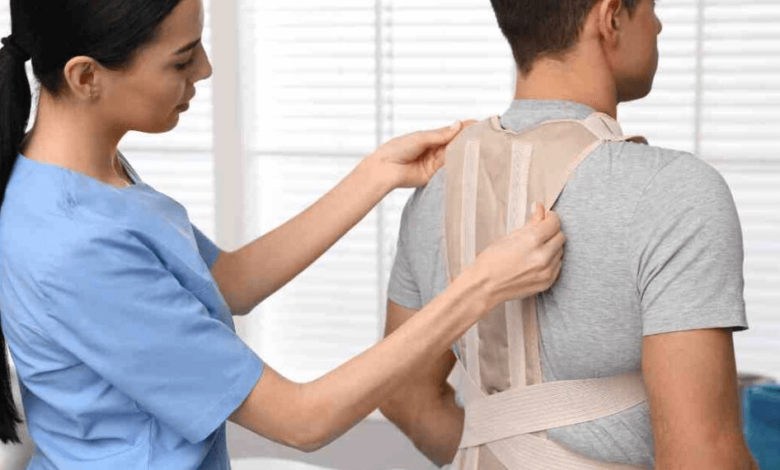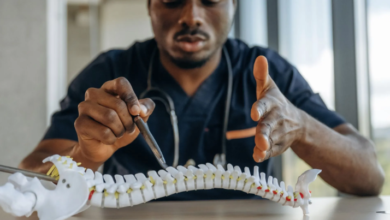What a Spine Specialist Thinks About Your Posture Corrector

Slouching feels harmless—until the stiffness, fatigue, and backaches creep in. Posture correctors have quickly become a go-to solution, promising instant support and spinal alignment. But do they solve the root of the problem or offer a temporary patch?
While these devices may look helpful, professionals have a more cautious view. A spine specialist sees posture issues through a clinical lens, often spotting what wearable gadgets can’t address. Their insight might change the way you think about those shoulder-strapping devices altogether.
Why Posture Braces Offer More Reminder Than Relief
Posture correctors are great for increasing awareness, gently reminding you to sit or stand tall. However, true posture improvement comes from understanding and addressing the root cause of discomfort. When combined with proper movement and strengthening exercises, these devices can be a helpful tool in building better posture and long-term spinal health.
See also: Discover the Benefits of Choosing a Local Chiropractor for Your Health Needs
Here’s why a brace may not be enough:
- Muscle imbalances: Weak or overactive muscles can pull your body out of alignment, and no brace can strengthen them.
- Nerve compression: Sometimes, poor posture is a symptom of a deeper issue affecting nerves or discs in the spine.
- Undiagnosed spinal conditions: Issues like scoliosis or degenerative disc disease may present as poor posture but require more than external support.
Wearing a posture corrector might feel like progress, but without addressing the actual cause, it’s like covering up a warning light on your dashboard—it doesn’t make the problem go away.
Lazy Muscles Lead to Weakness
These devices work by physically pulling your shoulders back, which feels supportive—but there’s a catch. When a brace does all the work, your postural muscles stop trying. Over time, this dependency can lead to further weakening.
Experts often warn against wearing correctors all day, especially without guidance from a therapist or medical provider. Ideally, your muscles should be trained to support your spine naturally. If a device does that job for you, your body gets used to taking shortcuts, which slows real progress.
Cheap Devices Can Do More Harm Than Good
The right posture corrector can provide valuable support and alignment when chosen carefully. High-quality models consider individual anatomy and spinal health, ensuring comfort and effectiveness.
A well-fitted option helps distribute pressure evenly, reducing strain. Consulting an orthopedic expert allows for a personalized approach, ensuring your posture support enhances recovery rather than causing discomfort.
Fixing Posture Takes More Than Just a Strap
Improving posture is less about holding one position and more about building long-term habits. It includes strengthening your core, improving flexibility, and adjusting how you move through daily life—whether standing, sitting, or lifting. Professionals in spinal care often create custom plans that combine therapy, movement training, and sometimes temporary support. For lasting impact, a device works best as part of a bigger solution. Think of it as a valuable puzzle piece that supports overall posture and well-being.
Understanding the Bigger Picture Behind Your Back Pain
If you experience persistent stiffness, numbness, or pain, it might not just be poor posture. Often, underlying conditions such as herniated discs, spinal stenosis, or nerve irritation can mimic posture-related issues, making it harder to pinpoint the actual cause.
That’s why evaluating your entire range of symptoms is essential—not just how you sit or stand. Back pain is rarely one-dimensional, and identifying what’s happening beneath the surface is the first step toward lasting relief.
A spine specialist would likely agree that posture correctors can be helpful—but only when used wisely and briefly. These tools may increase awareness but don’t replace strong muscles, good habits, or personalized care. If your posture issues are connected to deeper spinal problems, relying on a device alone might delay proper treatment. In the long run, a better understanding of your body will always lead to more lasting results than a wearable reminder.





